Key Takeaways
Yes, Walmart is officially a Dividend King, having increased its dividend for over 50 consecutive years. This consistent track record highlights Walmart’s financial strength and long-term commitment to rewarding shareholders.
Introduction
Walmart Inc. is one of the largest retail corporations in the world, serving millions of customers daily through its extensive network of stores and e-commerce platforms. Known for its competitive pricing and massive global reach, Walmart has also built a strong reputation among dividend investors. In the world of dividend investing, Dividend Kings—companies that have increased their dividend payouts for at least 50 consecutive years—are highly sought after for their stability and reliable returns. Investors often look to Dividend Kings as safe, long-term investments that can weather economic downturns while providing consistent income. This article examines Walmart's dividend history, analyzes whether it meets the criteria of a Dividend King, and explores its investment potential for those seeking dependable dividend stocks.
What is a Dividend King?
In the world of dividend investing, Dividend Kings hold a prestigious status. These are companies that have demonstrated exceptional financial discipline by increasing their dividend payouts for at least 50 consecutive years. Achieving this milestone requires a robust business model, consistent revenue growth, and a commitment to rewarding shareholders even through economic downturns. Long-term investors often seek out Dividend Kings for their stability, reliable income, and resilience in market fluctuations. Some well-known Dividend Kings span various industries, including Procter & Gamble (PG) in consumer goods, Johnson & Johnson (JNJ) in healthcare, and 3M (MMM) in industrials. These companies have proven their ability to maintain profitability and shareholder rewards over decades, making them prime choices for conservative dividend-focused portfolios.
Walmart's Dividend History
Walmart has established a strong reputation as a dependable dividend-paying stock, consistently rewarding its shareholders for decades. Since initiating its dividend program in 1974, Walmart has increased its annual dividend payout every year, demonstrating its commitment to long-term investors. This impressive track record of continuous dividend growth has made the company an attractive choice for those seeking stable income. Walmart’s ability to maintain and grow its dividends stems from its robust business model, consistent revenue streams, and dominance in the retail sector, allowing it to generate cash flow even during economic downturns.
As of 2025, Walmart has officially joined the ranks of Dividend Kings, having increased its dividend payouts for 51 consecutive years. This achievement cements its status as a reliable income-generating stock, appealing to long-term investors seeking stability and consistent returns. In addition to being a Dividend King, Walmart is also classified as a Dividend Aristocrat, a designation given to companies in the S&P 500 that have raised their dividends for at least 25 consecutive years. These dual honors highlight Walmart’s financial strength and commitment to shareholder value, making it a top choice for dividend growth investors looking for dependable income in a well-established company.
Walmart vs. Dividend Kings
As of 2025, Walmart meets the criteria to be officially recognized as a Dividend King, having increased its dividend payouts for 51 consecutive years. This milestone places Walmart in an elite category of stocks that have demonstrated long-term financial strength, consistent profitability, and unwavering commitment to shareholder returns. While Walmart's dividend growth rate has been moderate compared to some other Dividend Kings, its ability to maintain steady increases underscores its resilience in the retail sector.
Compared to other Dividend Kings such as Procter & Gamble (PG), Johnson & Johnson (JNJ), and 3M (MMM), Walmart stands out as one of the few large-scale retailers with a proven dividend history. Unlike companies in industries such as consumer goods or healthcare—where pricing power and demand stability contribute to reliable dividend growth—Walmart operates in a highly competitive retail market with fluctuating margins. Despite these challenges, Walmart's vast global presence, cost leadership strategy, and consistent revenue streams have enabled it to achieve and sustain Dividend King status. For investors seeking dividend stability in the retail sector, Walmart remains a strong contender among dividend growth stocks.
Investment Considerations
Walmart's dividend yield remains relatively moderate compared to some high-yield dividend stocks, but its consistent dividend growth makes it an attractive choice for long-term investors. While its yield typically hovers between 1.5% to 2.5%, its dividend growth rate—though slower in recent years—demonstrates stability and reliability. This steady growth appeals to investors seeking dependable income without excessive risk. However, dividend-focused investors should weigh Walmart's low yield against other options with higher payouts.
The primary advantage of investing in Walmart for dividends is its financial resilience and market dominance. With steady revenue streams, strong cash flow, and a commitment to shareholder rewards, Walmart provides security for income-focused investors. On the downside, its dividend increases have been modest, growing at a slower pace than some competitors. Investors looking for high dividend growth may find better opportunities elsewhere. However, given Walmart’s strong business fundamentals and history of uninterrupted dividend hikes, it is likely to remain a solid choice for dividend stability and long-term portfolio growth.
Conclusion
Walmart has officially earned the prestigious Dividend King status, proving its dedication to consistent dividend increases for over 50 years. Its financial stability, global presence, and ability to generate steady revenue make it one of the most reliable dividend-paying stocks in the retail sector. While its dividend yield may not be the highest, its dependability and commitment to long-term investors solidify its reputation as a trustworthy dividend stock.
In summary, Walmart’s dividend history, stable business model, and consistent growth make it a strong contender for dividend investors prioritizing security over high-yield payouts. Investors should evaluate their personal financial goals and risk tolerance before making investment decisions. As with any investment, thorough research and an understanding of market trends are crucial in determining whether Walmart fits into a dividend-focused portfolio.
🚀 The Ultimate Dividend Investing Hub 💰
Looking to build wealth through dividends? 📈 Explore these expert insights:
🏆 Top Dividend Stocks & Investing Strategies
💰 Dividend Aristocrats & High-Yield Kings
📊 Dividend Funds & Passive Income Moves
🔗 Bookmark this guide & start stacking dividends today! 🚀💸
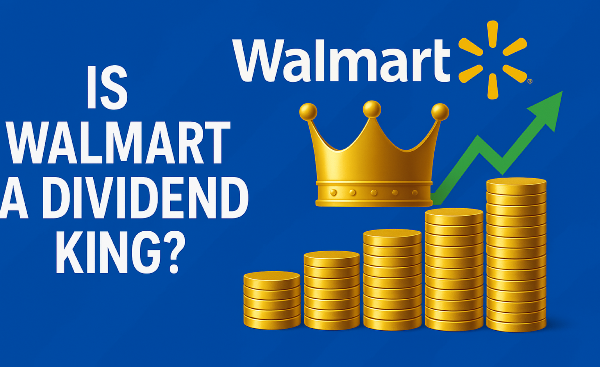


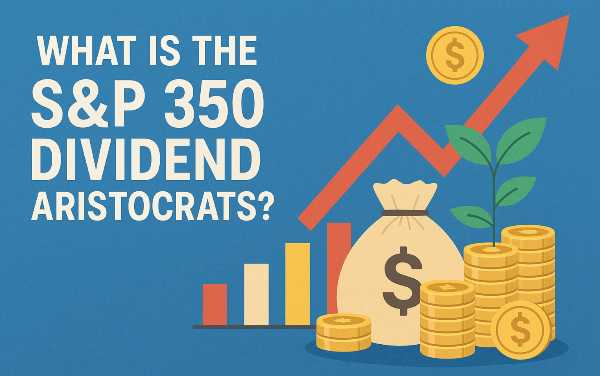
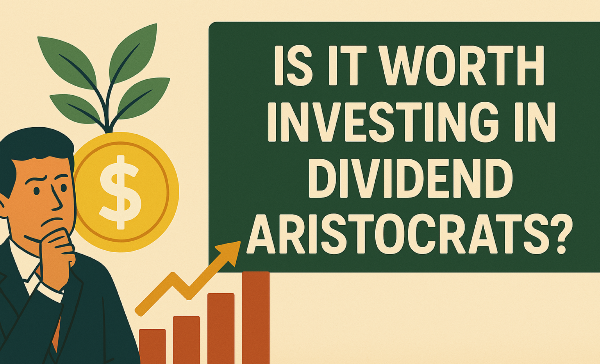
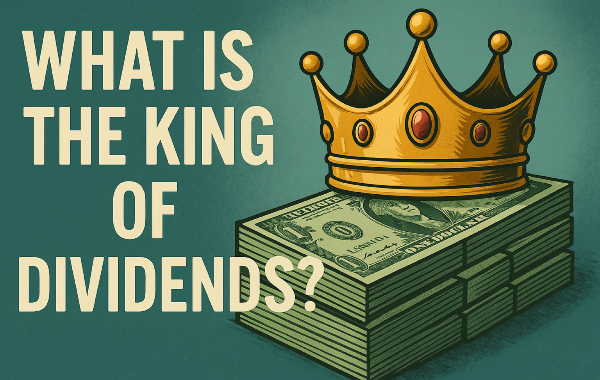
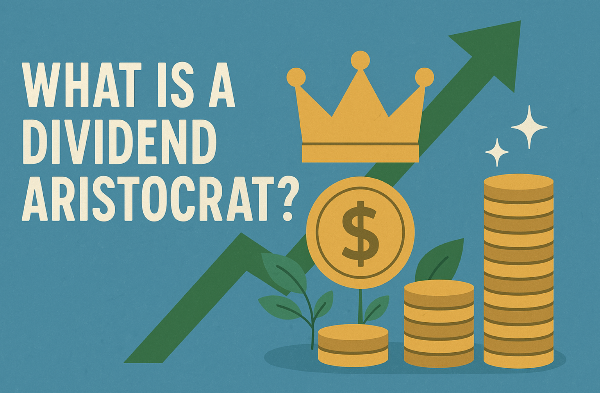
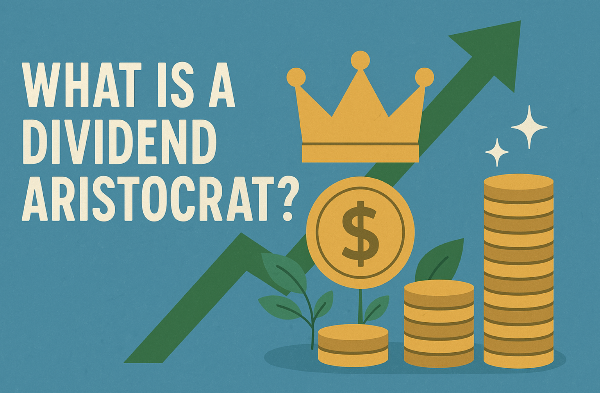
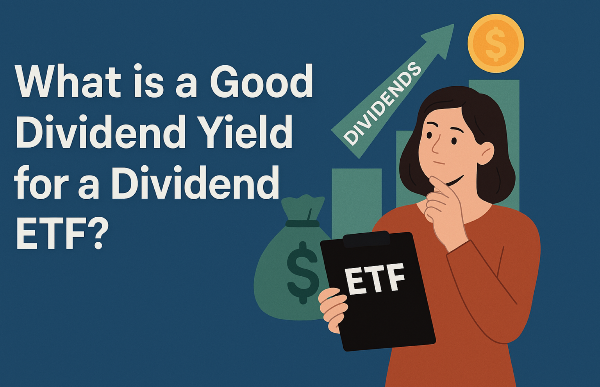
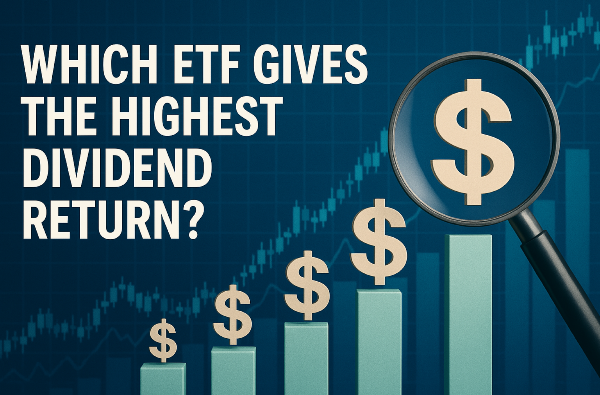
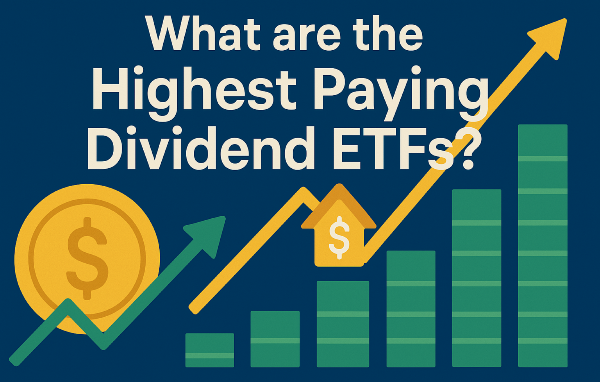
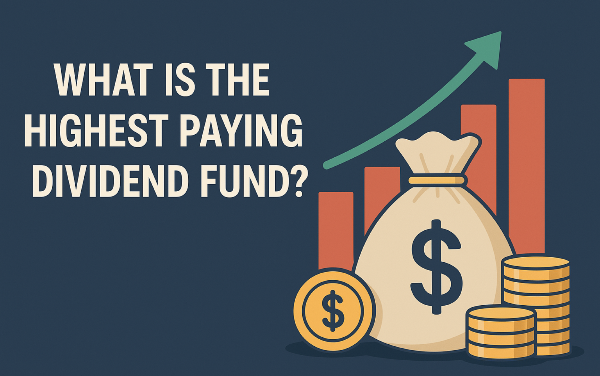
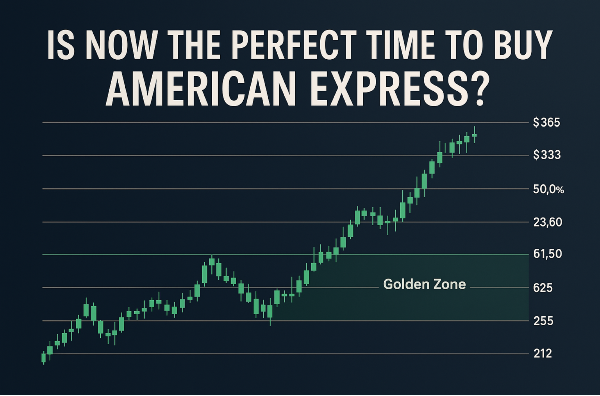

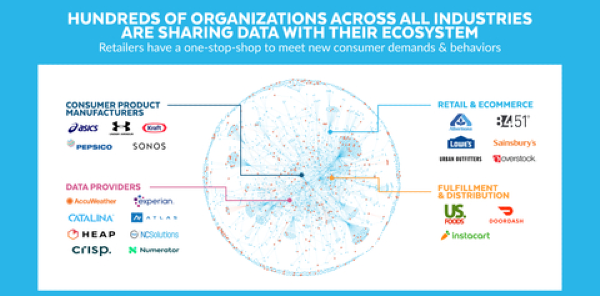
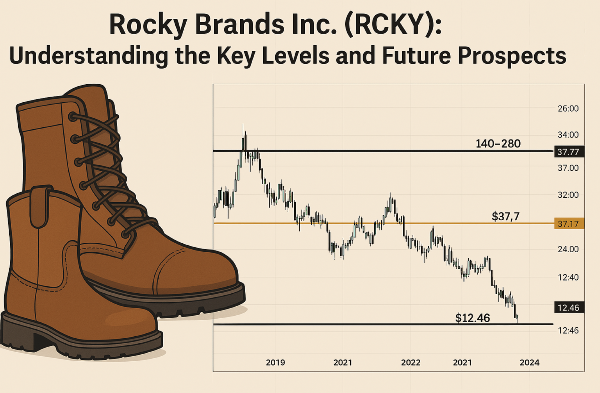
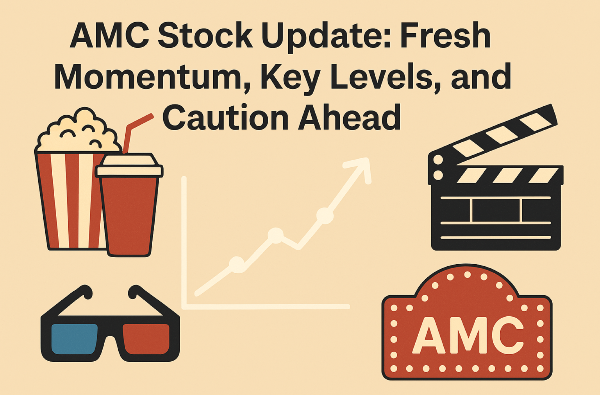
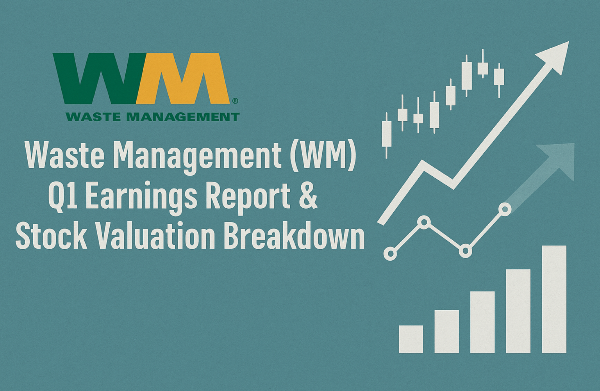
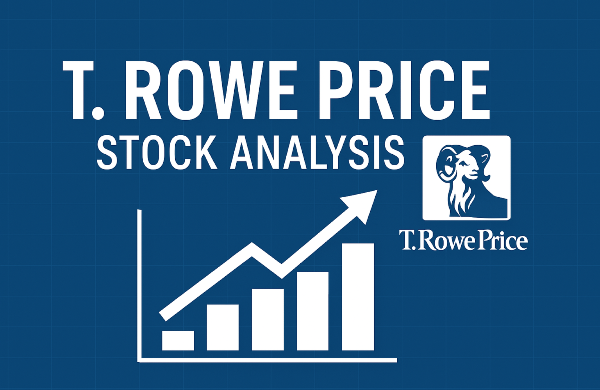

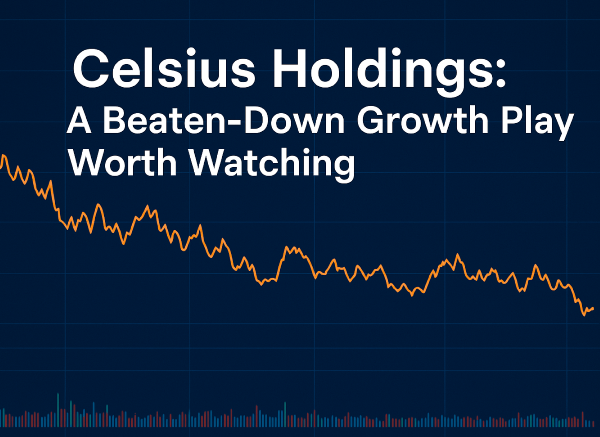
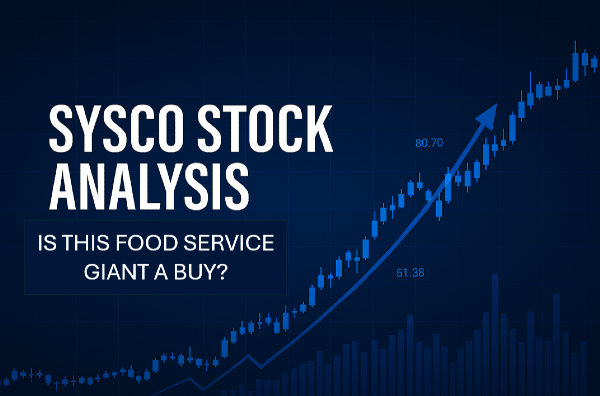
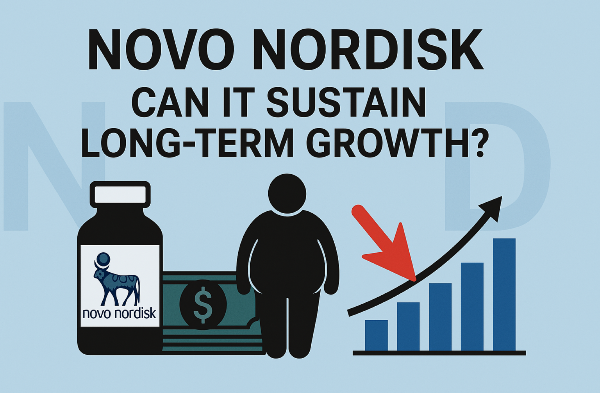
Key Takeaways
Yes, Walmart is officially a Dividend King, having increased its dividend for over 50 consecutive years. This consistent track record highlights Walmart’s financial strength and long-term commitment to rewarding shareholders.
Introduction
Walmart Inc. is one of the largest retail corporations in the world, serving millions of customers daily through its extensive network of stores and e-commerce platforms. Known for its competitive pricing and massive global reach, Walmart has also built a strong reputation among dividend investors. In the world of dividend investing, Dividend Kings—companies that have increased their dividend payouts for at least 50 consecutive years—are highly sought after for their stability and reliable returns. Investors often look to Dividend Kings as safe, long-term investments that can weather economic downturns while providing consistent income. This article examines Walmart's dividend history, analyzes whether it meets the criteria of a Dividend King, and explores its investment potential for those seeking dependable dividend stocks.
What is a Dividend King?
In the world of dividend investing, Dividend Kings hold a prestigious status. These are companies that have demonstrated exceptional financial discipline by increasing their dividend payouts for at least 50 consecutive years. Achieving this milestone requires a robust business model, consistent revenue growth, and a commitment to rewarding shareholders even through economic downturns. Long-term investors often seek out Dividend Kings for their stability, reliable income, and resilience in market fluctuations. Some well-known Dividend Kings span various industries, including Procter & Gamble (PG) in consumer goods, Johnson & Johnson (JNJ) in healthcare, and 3M (MMM) in industrials. These companies have proven their ability to maintain profitability and shareholder rewards over decades, making them prime choices for conservative dividend-focused portfolios.
Walmart's Dividend History
Walmart has established a strong reputation as a dependable dividend-paying stock, consistently rewarding its shareholders for decades. Since initiating its dividend program in 1974, Walmart has increased its annual dividend payout every year, demonstrating its commitment to long-term investors. This impressive track record of continuous dividend growth has made the company an attractive choice for those seeking stable income. Walmart’s ability to maintain and grow its dividends stems from its robust business model, consistent revenue streams, and dominance in the retail sector, allowing it to generate cash flow even during economic downturns.
As of 2025, Walmart has officially joined the ranks of Dividend Kings, having increased its dividend payouts for 51 consecutive years. This achievement cements its status as a reliable income-generating stock, appealing to long-term investors seeking stability and consistent returns. In addition to being a Dividend King, Walmart is also classified as a Dividend Aristocrat, a designation given to companies in the S&P 500 that have raised their dividends for at least 25 consecutive years. These dual honors highlight Walmart’s financial strength and commitment to shareholder value, making it a top choice for dividend growth investors looking for dependable income in a well-established company.
Walmart vs. Dividend Kings
As of 2025, Walmart meets the criteria to be officially recognized as a Dividend King, having increased its dividend payouts for 51 consecutive years. This milestone places Walmart in an elite category of stocks that have demonstrated long-term financial strength, consistent profitability, and unwavering commitment to shareholder returns. While Walmart's dividend growth rate has been moderate compared to some other Dividend Kings, its ability to maintain steady increases underscores its resilience in the retail sector.
Compared to other Dividend Kings such as Procter & Gamble (PG), Johnson & Johnson (JNJ), and 3M (MMM), Walmart stands out as one of the few large-scale retailers with a proven dividend history. Unlike companies in industries such as consumer goods or healthcare—where pricing power and demand stability contribute to reliable dividend growth—Walmart operates in a highly competitive retail market with fluctuating margins. Despite these challenges, Walmart's vast global presence, cost leadership strategy, and consistent revenue streams have enabled it to achieve and sustain Dividend King status. For investors seeking dividend stability in the retail sector, Walmart remains a strong contender among dividend growth stocks.
Investment Considerations
Walmart's dividend yield remains relatively moderate compared to some high-yield dividend stocks, but its consistent dividend growth makes it an attractive choice for long-term investors. While its yield typically hovers between 1.5% to 2.5%, its dividend growth rate—though slower in recent years—demonstrates stability and reliability. This steady growth appeals to investors seeking dependable income without excessive risk. However, dividend-focused investors should weigh Walmart's low yield against other options with higher payouts.
The primary advantage of investing in Walmart for dividends is its financial resilience and market dominance. With steady revenue streams, strong cash flow, and a commitment to shareholder rewards, Walmart provides security for income-focused investors. On the downside, its dividend increases have been modest, growing at a slower pace than some competitors. Investors looking for high dividend growth may find better opportunities elsewhere. However, given Walmart’s strong business fundamentals and history of uninterrupted dividend hikes, it is likely to remain a solid choice for dividend stability and long-term portfolio growth.
Conclusion
Walmart has officially earned the prestigious Dividend King status, proving its dedication to consistent dividend increases for over 50 years. Its financial stability, global presence, and ability to generate steady revenue make it one of the most reliable dividend-paying stocks in the retail sector. While its dividend yield may not be the highest, its dependability and commitment to long-term investors solidify its reputation as a trustworthy dividend stock.
In summary, Walmart’s dividend history, stable business model, and consistent growth make it a strong contender for dividend investors prioritizing security over high-yield payouts. Investors should evaluate their personal financial goals and risk tolerance before making investment decisions. As with any investment, thorough research and an understanding of market trends are crucial in determining whether Walmart fits into a dividend-focused portfolio.
🚀 The Ultimate Dividend Investing Hub 💰
Looking to build wealth through dividends? 📈 Explore these expert insights:
🏆 Top Dividend Stocks & Investing Strategies
💰 Dividend Aristocrats & High-Yield Kings
📊 Dividend Funds & Passive Income Moves
🔗 Bookmark this guide & start stacking dividends today! 🚀💸